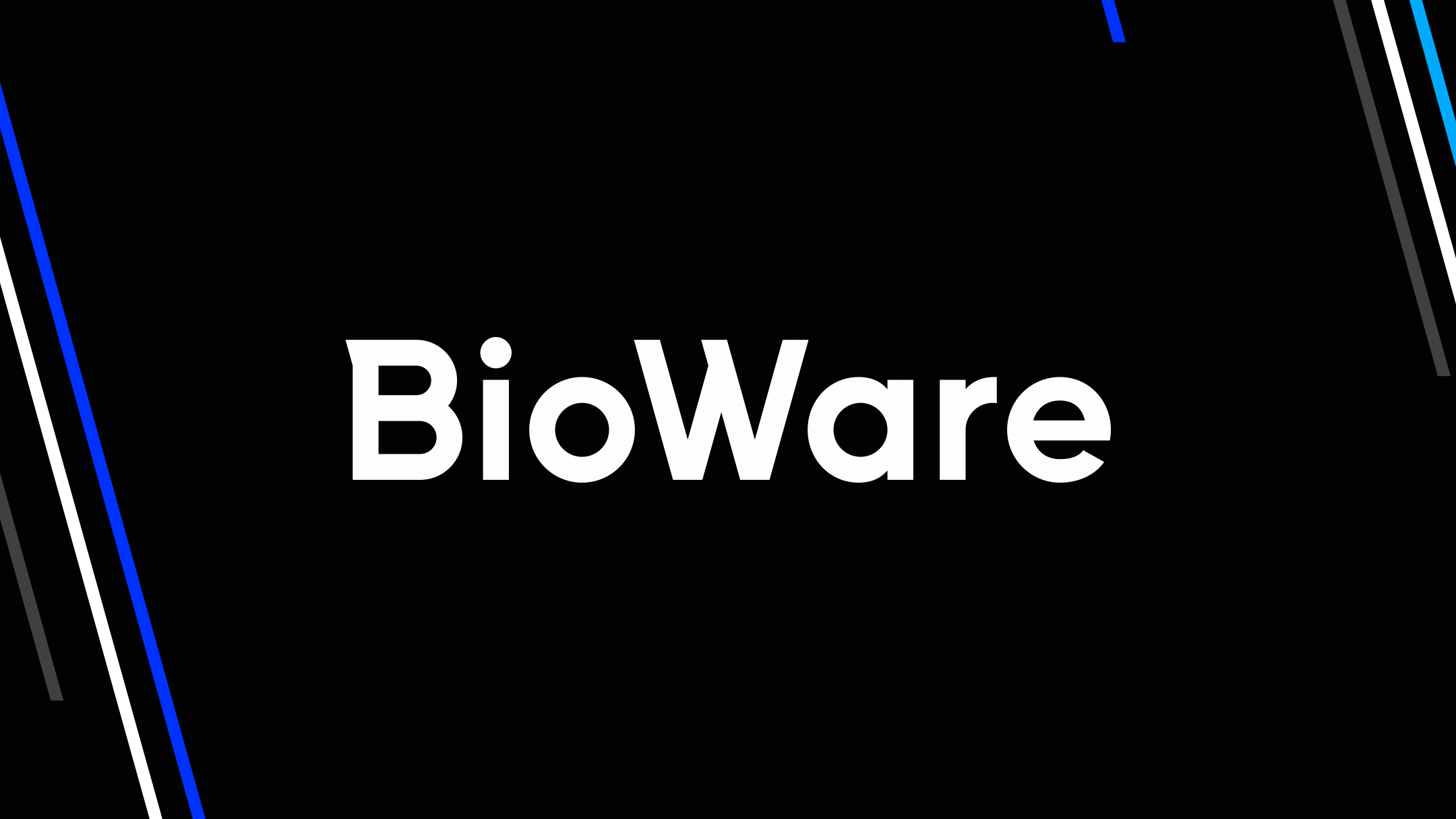- cross-posted to:
- [email protected]
- [email protected]
- cross-posted to:
- [email protected]
- [email protected]
[archive.org](https://web.archive.org/web/20230823173417/https://blog.bioware.com/2023/08/23/an-update-on-the-state-of-bioware/)
Hello again,
Today, rather than discuss one of our upcoming projects, I’d like to share an update about the studio itself and outline our vision for BioWare’s future.
In order to meet the needs of our upcoming projects, continue to hold ourselves to the highest standard of quality, and ensure BioWare can continue to thrive in an industry that’s rapidly evolving, we must shift towards a more agile and more focused studio. It will allow our developers to iterate quickly, unlock more creativity, and form a clear vision of what we’re building before development ramps up.
To achieve this, we find ourselves in a position where change is not only necessary, but unavoidable. As difficult as this is to say, rethinking our approach to development inevitably means reorganizing our team to match the studio’s changing needs.
As part of this transition, we are eliminating approximately 50 roles at BioWare. That is deeply painful and humbling to write. We are doing everything we can to ensure the process is handled with empathy, respect, and clear communication. With that last point in mind, I want to take a moment to explain how we got here, what we’re doing to support our colleagues, and what this means for BioWare’s current and future games.
WHAT’S HAPPENING NOW
After much consideration and careful planning, we have built a long-term vision that will preserve the health of the studio and better enable us to do what we do best: create exceptional story-driven single-player experiences filled with vast worlds and rich characters. This vision balances the current needs of the studio—namely, ensuring Dragon Age™: Dreadwolf is an outstanding game—with its future, including the success of the next Mass Effect™.
We’ve chosen to act now in part to provide our impacted colleagues with as many internal opportunities as possible. These changes coincide with a significant number of roles that are currently open across EA’s other studios. Impacted employees will be provided with professional resources and assistance as they apply for these positions.
While it’s unlikely that everyone will find a new role within the company, we are committed to supporting our staff as they navigate this change. Our sincere hope is that they can continue their exemplary work at studios who stand to benefit immensely from their talents.
IMMEDIATE IMPACT
If you’re wondering how all of this will impact development of Dragon Age: Dreadwolf, let me be clear that our dedication to the game has never wavered. Our commitment remains steadfast, and we all are working to make this game worthy of the Dragon Age name. We are confident that we’ll have the time needed to ensure Dreadwolf reaches its full potential.
I can also tell you that every member of our team, even those departing BioWare, deserves credit for crafting a spectacular experience. These are our colleagues and friends, and we would not be here without them. I am so proud of all the work our team has done.
WHAT COMES NEXT
While this is an extremely difficult day for everyone at BioWare, we are making changes now to build a brighter future. We’re excited for all of you to see what we’ve been building with Dreadwolf. A core veteran team led by Mike Gamble continues their pre-production work on the next Mass Effect. Our commitment to quality continues to be our North Star.
As cliche as this sounds, there truly is never a good time to enact changes like this, but we trust that we have the right leaders and team in place with vision, passion, and proven track records to deliver world-class Dragon Age and Mass Effect experiences that our fans will love.
For now, I want to thank everyone at BioWare—past and present—for making the studio what it is. I also want to thank our community for your continued support. We’re eager to reveal more about Dreadwolf, and we look forward to discovering what else the future holds.
Gary McKay
General Manager, BioWare



You say “besides the technical issues” as if that was something small enough that you can just casually brush it aside. Andromeda performed like absolute trash when it came out, and that was a huge reason why people panned it.
As for the story reasons you highlight, I don’t agree with most of them personally, but they’re subjective so that’s on you.
The technical state that Andromeda released in is the biggest reason why I consider it an absolutely trash game.
Technical issues can be patched afterwards, and in case of andromeda most were. I played it a year or two after it released when they practically gave it away for $5 on a sale or sth like that. The game still remained a shallow husk of an RPG though with few redeeming qualities besides a somewhat fun combat at times, and this is with me going into it with very low expectations. I’m glad you had more fun with it but I wouldn’t call it a good game even if it didn’t have to compete with its predecessors.